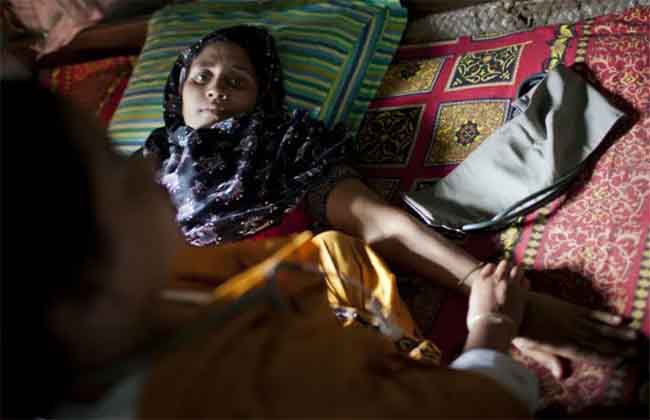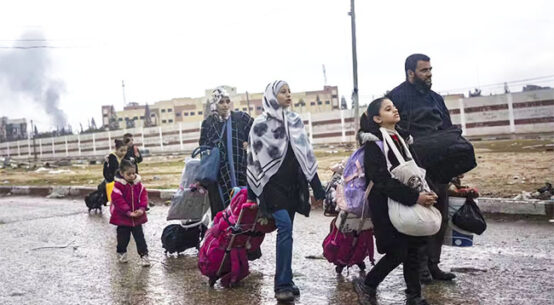
In 2017 the rate of maternal mortality rate in Bangladesh was173 per 100,000 live births, according to World Bank. Bangladesh loses approximately 7,660 women each year from preventable causes related to pregnancy and childbirth. In fact, maternal mortality is the third leading cause of death among women aged 15-49. Most of these deaths could be prevented by high quality prenatal care and skilled attendance during labor and delivery.
Maintaining proper hygiene is one of the key aspects of prenatal and antenatal care. Unfortunately, it is one of the most overlooked aspects of pregnancy care despite its significance. Maintaining proper hygiene is crucial for both pregnant mothers and the newborn. However, pregnant women all over Bangladesh often find it difficult to practice proper hygiene mainly due to two reasons: lack of accessibility and awareness. In the case of Bangladesh, the level of knowledge in key hygiene messages is quite high but the practice of effective handwashing, the most effective hygiene behavior, is very low. According to a survey conducted by UNICEF, only around 59.1 per cent of people practice handwashing with water and soap only when it is absolutely necessary.
Proper handwashing practices are crucial in maintaining good hygiene and are also especially effective in combatting viral and other contagious diseases. Needless to say, proper handwashing has been deemed as one of the top ways to ward off COVID-19 among other preventive measures. Therefore, educating and instilling the habit of washing hands thoroughly and properly in expecting mothers is crucial to both the baby and the mother’s health.
However, access to handwashing supplies like soap is often limited in rural areas. Especially in underprivileged households, handwashing supplies are often viewed as a luxury and seldom bought on a regular basis. As a result, even if most families are aware of proper handwashing practices, they do not always have access to it and the pregnant women in the household are often deprived of the ability to wash their hands properly due to limited resources.
Multiple public, private and non-governmental organizations are currently working to ensure that the masses follow proper hygiene and maintain cleanliness. Among a plethora of organizations working to address the issue, Reckitt Benckiser’s Dettol and world’s biggest NGO, BRAC have recently collaborated to ensure good hygiene practices among expecting mothers through proper handwashing. From every Dettol product sold in the month of August’21 and September’21, a percentage will be spent to protect these underprivileged pregnant mothers and their unborn child through providing hygiene solutions like soaps. These soaps will then be distributed through BRAC to expecting mothers throughout the country along with a hygiene kit . BRAC representatives will also educate pregnant women on proper handwashing and other important hygiene practices.
Speaking of the campaign, BRAC HNPP Director Dr. Morseda Chowdhury said, “Creating awareness amongst pregnant women about personal hygiene is as important as ensuring their safety. Even if they are made aware, expecting mothers often find it difficult to routinely carry out proper hygiene practices due to lack of personal hygiene products.” She added, “Not just for the mother but maintaining hygiene is crucial for their babies as well. According to World Bank, 30.8 children (under 5) die in every 1000. Poor hygiene is considered as one of the main reasons.I am expecting that our joint effort with Dettol will create a positive impact across the country and help alleviate this issue.”
Such initiatives, if implemented effectively, hold the power to create a long-lasting impact for the development of society. In this particular case, instilling the habit of proper handwashing practices among expecting mothers can easily transition to their children and other household members. Mothers are the first teachers in children’s lives and being taught about proper hygiene practices and aptly following them would help the little ones maintain good hygiene throughout their lives. Once such activities become an impulse rather than an afterthought, these little ones can then instill similar habits to the upcoming generation in the future. So, educating expecting mothers and providing them with the necessary resources has the ability to create an impact that can last for generations.


